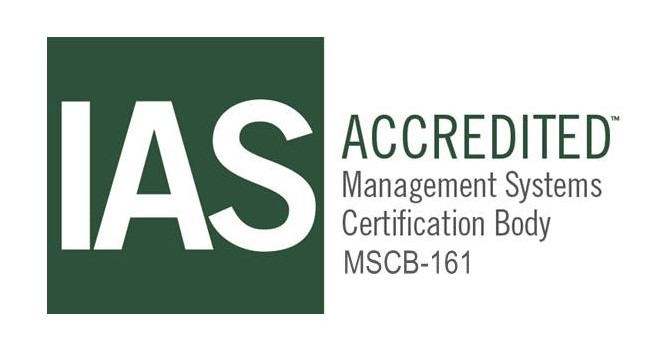The Future of Accreditation: Trends, Challenges, and Opportunities - An Overview

Understanding the Importance of Accreditation in Today's Business Environment
Accreditation is a method whereby an company is reviewed for its faithfulness to established specifications and criteria. Certification has come to be increasingly vital in today’s business setting, as it gives a action of affirmation that an company fulfills certain quality specifications and is competent of delivering high-quality goods or companies.
One of the main advantages of certification is that it assists organizations to set apart themselves coming from their rivals. Through obtaining accreditation, an company can illustrate to customers and stakeholders that it has complied with specific requirements and has gone through a rigorous assessment process. This can be specifically essential in strongly affordable industries where consumers possess numerous possibilities to select from.
Yet another advantage of certification is that it can aid companies to strengthen their operations and methods. The certification method usually entails an assessment of an association’s policies, procedures, and practices against established criteria. This examination may determine areas where improvements are needed, which can easily lead to raised efficiency, lessened expense, and improved consumer complete satisfaction.
Accreditation may additionally provide lawful defense for institutions by displaying that they have taken actions to ensure compliance along with relevant rules and rules. For example, in some markets such as healthcare or learning, accreditation may be required by legislation or by governing body systems as a health condition for running.
In enhancement to these perks, there are actually several various other explanations why certification is significant in today’s business environment:
1) It gives guarantee to stakeholders – consisting of customers, real estate investors, employees, and regulators – that an association runs according to established requirements.

2) It assists institutions identify places for improvement and implement best practices.
3) It enriches the track record of an institution through illustrating its commitment to quality.
4) It offers a affordable advantage by separating an organization coming from its rivals.
5) It helps guarantee compliance with lawful demands and regulatory requirements.
Offered these benefits, it’s not unexpected that lots of associations find out certification as a way to improve their procedures and display their devotion to high quality. Nonetheless, it’s essential to take note that not all accreditation plans are developed equal.
Some accreditation courses might be more thorough or even more extensively identified than others. In some instances, accreditation might be granted through institutions that have a lawful rate of interest in marketing a certain product or service. Consequently, it’s essential for associations to thoroughly investigate and assess certification programs prior to pursuing them.
It’s also worth taking note that accreditation is not a one-time activity. Lots of certification courses need recurring monitoring and analysis to ensure continued conformity along with set up requirements. This can easily call for considerable sources and investment on the part of the association seeking accreditation.
Despite these obstacle, the benefits of certification are crystal clear. By obtaining Answers Shown Here , companies may improve their procedures, enrich their track record, and demonstrate their commitment to top quality. In today’s business environment where consumers ask for high-quality goods and companies from trustworthy suppliers, accreditation is coming to be an considerably essential means for institutions to keep reasonable and comply with stakeholder requirements.
